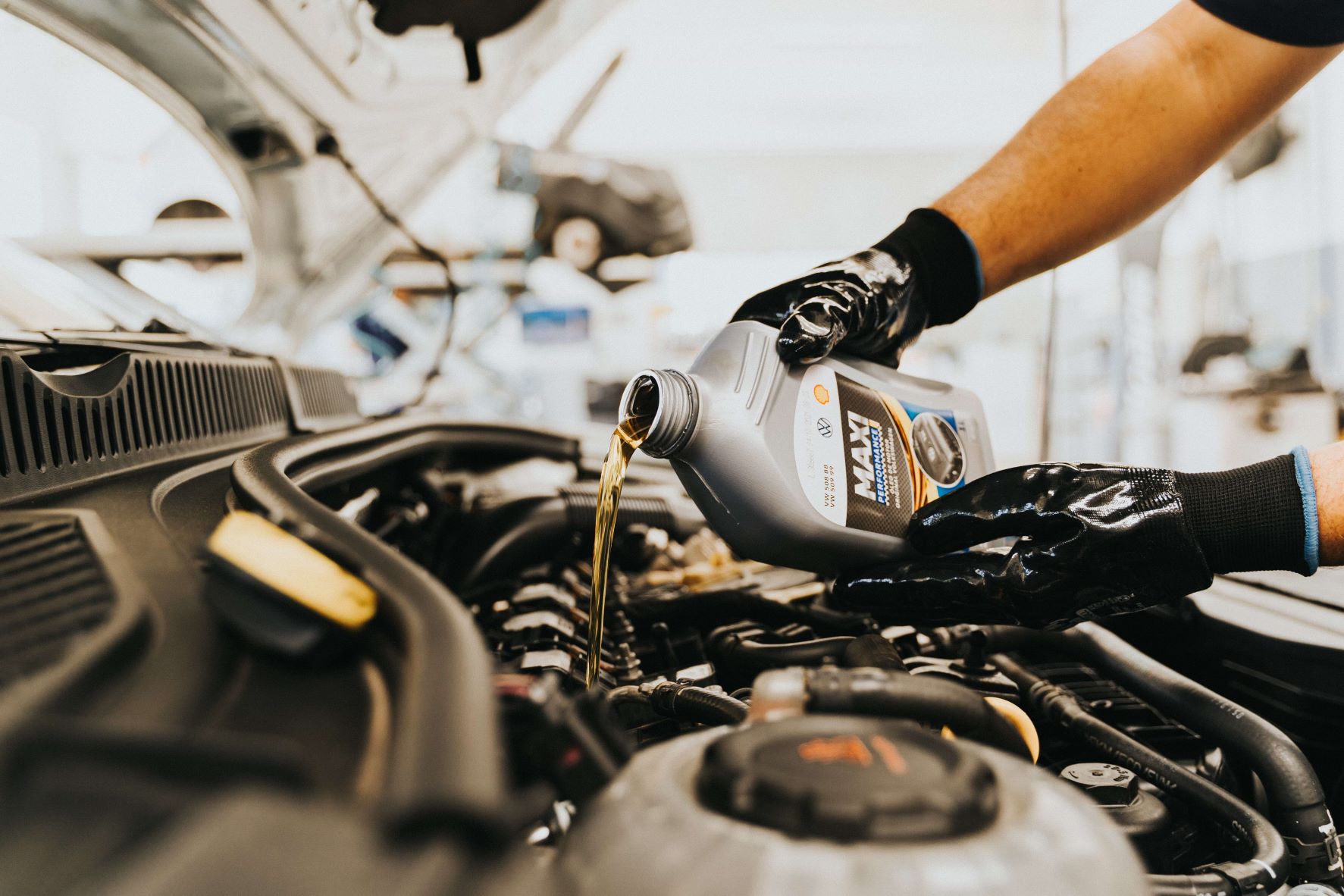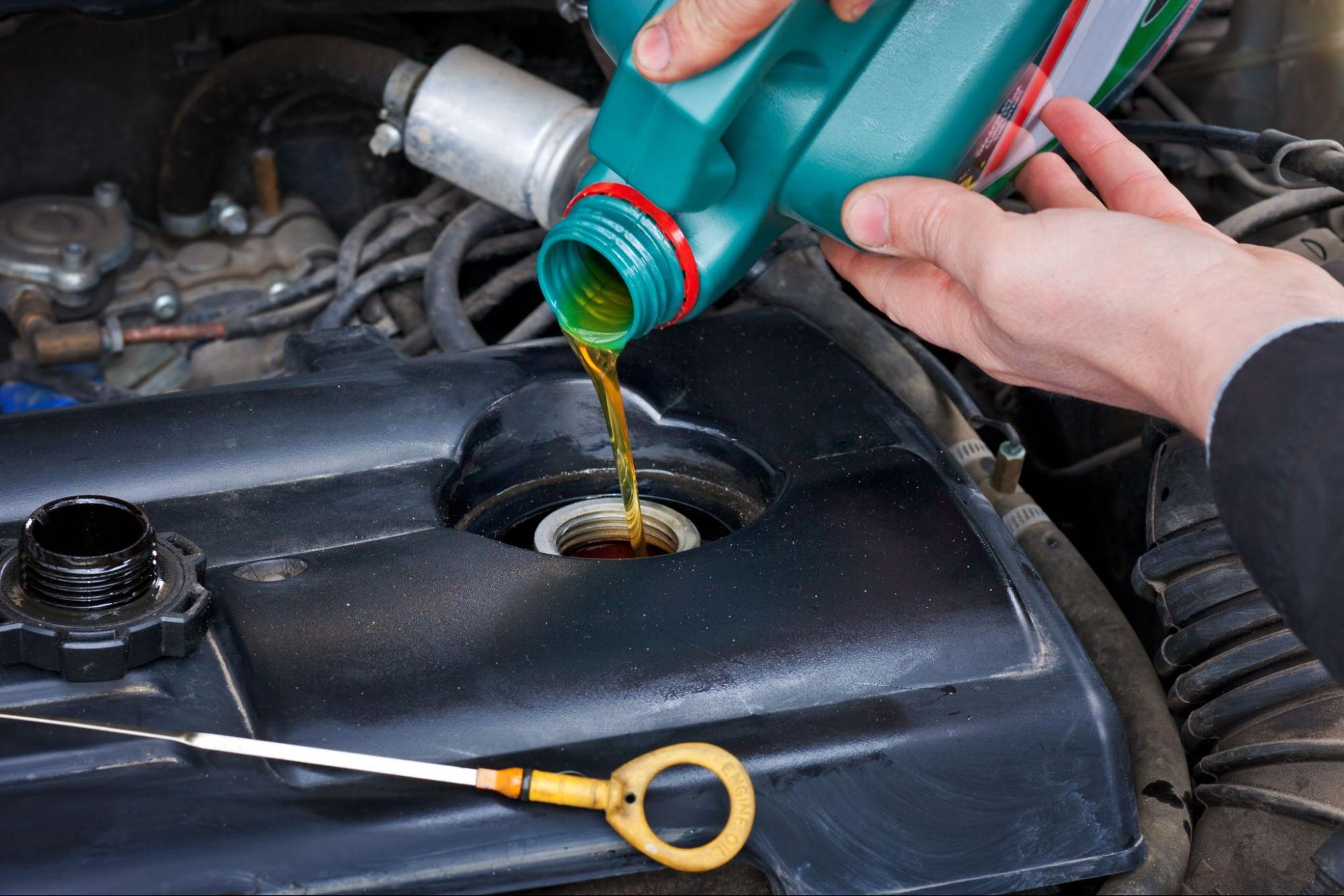Worrying about which oil your car needs? Not sure what to look for or how to choose the right one? You’re not alone. Many drivers face this dilemma, but it doesn’t have to be a hassle.

Understanding Car Oil and Its Importance
Choosing the wrong oil for your car can lead to several problems. It can reduce your engine’s efficiency, increase wear and tear, and even cause serious damage. That’s why it’s crucial to know what type of oil your car needs and why it matters.
Your Car’s Manual Holds the Answer
The best way to determine the correct oil for your car is to consult your owner’s manual. It will specify the recommended oil type, viscosity, and other essential information based on your car’s make, model, and engine specifications.

Types of Car Oils
There are various types of car oils available, each serving a specific purpose. Some common types include:
- Conventional oil: Mineral-based oil, suitable for older vehicles or those with lower mileage.
- Synthetic oil: Engineered oil that provides better protection, longevity, and performance.
- Semi-synthetic oil: A blend of conventional and synthetic oils, offering a balance of affordability and performance.

Viscosity: A Key Factor
Viscosity refers to the oil’s thickness. It determines how easily the oil flows at different temperatures. The recommended viscosity for your car is typically specified in the owner’s manual. Using the wrong viscosity can impact engine performance and oil consumption.

Checking Oil Levels and Changing Oil
Regularly checking your oil levels is crucial. Most vehicles have an oil dipstick that allows you to inspect the oil level and color. If the oil level is low, add oil of the recommended type and viscosity.
Changing your oil is equally important. The frequency of oil changes varies depending on the type of oil used, driving conditions, and manufacturer recommendations. Refer to your owner’s manual for specific intervals.

Signs of Bad Oil
Certain signs can indicate that your car needs an oil change:
- Dark, dirty oil
- Low oil levels
- Burning smell
- Engine noise

Conclusion of Which Oil Does My Car Need
Choosing the right oil for your car is essential for maintaining its optimal performance and longevity. By considering the recommendations in your owner’s manual, understanding the different oil types, and paying attention to signs of bad oil, you can ensure that your car has the lubrication it needs to run smoothly and efficiently.

